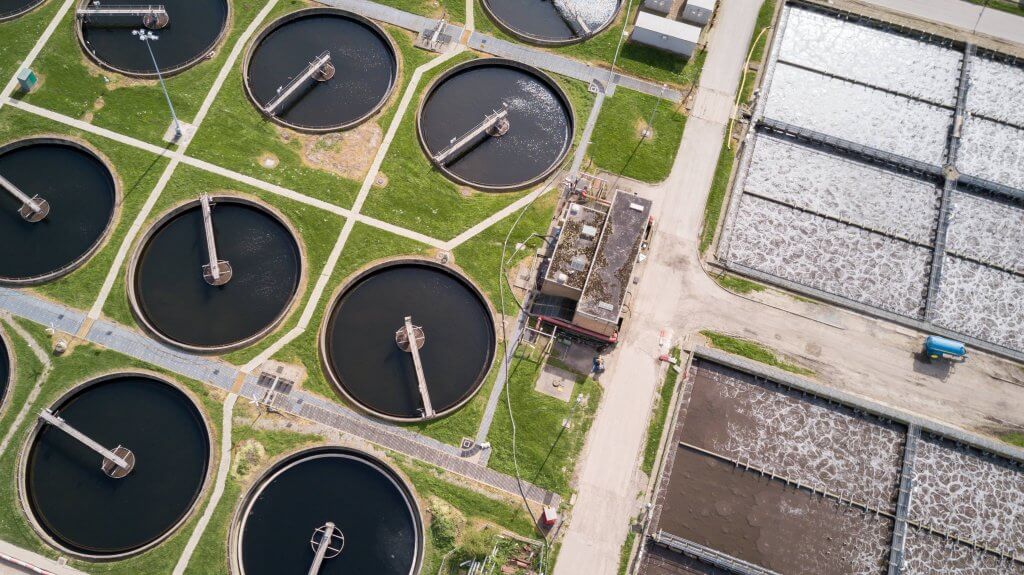Anglian Water Launches Project To Turn Biosolids Into Renewable Resources

Anglian Water, in partnership with Cetogenix and Cranfield University, has embarked on the ALL-Streams HTO (hydrothermal oxidation) project, a groundbreaking initiative aimed at converting biosolids into renewable resources such as natural gas, biomaterials, and chemicals.
The 18-month project, which could revolutionize waste management in the water industry, is designed to explore the feasibility of using hydrothermal oxidation (HTO) to transform waste into valuable products.
Currently, water companies produce around 250,000 to 300,000 tonnes of waste annually, and finding sustainable ways to manage this waste is a significant challenge.
Hydrothermal oxidation uses heat and pressure to break down biosolids and recover valuable resources from the resulting effluent, making it an innovative solution for waste valorization.
David Inman, innovation project manager at Anglian Water, highlighted the importance of this project. “Our work with Cetogenix is about taking biosolids and turning it into more valuable materials,” he explained, emphasizing the potential of the project to maximize resource recovery.
One key component of the project is the use of Cetogenix’s Ceto-Boost technology, which breaks down organic waste into useful byproducts. Anglian Water plans to implement the technology at a full-scale site at the Cotton Valley Sludge Treatment Centre near Milton Keynes.
The ALL-Streams HTO project will also establish a pilot-scale reactor at Cranfield University to replicate the conditions needed for hydrothermal oxidation, enabling researchers to test the technology at a scale relevant to the water industry.
Inman noted the project’s broader implications, stating that market research will be conducted to determine whether the resources recovered from HTO are more valuable to the water sector or other industries.
The research should help shape the future of biosolid management and potential market opportunities.
Despite the promise of the technology, challenges remain, particularly in scaling up HTO for widespread use. Many existing water treatment facilities may need retrofitting to accommodate the new process, and space constraints could necessitate the construction of larger sites.
Additionally, the water industry will need to develop new expertise as it moves into the production of energy-related products.
“The production of products for the energy sector is novel to the industry and will require the creation of new job titles and necessitate the hiring of people from other sectors,” Inman said, pointing to the need for specialized skills as the water industry branches into new territory.
Inman sees the ALL-Streams HTO project as a critical step toward meeting Anglian Water’s net-zero targets and developing technologies that can be leveraged across the industry.
“This is a really interesting opportunity because we have to be thinking about how we maximize resource recovery if we are to achieve the net-zero targets that Anglian Water has,” he said, adding that the project could serve as a model for others in both the water industry and beyond.
For the project to be successful, real-world examples of resource recovery and value creation will be essential, encouraging further investment to scale up the technology.
If successful, the ALL-Streams HTO project could pave the way for a more sustainable and economically viable approach to waste management in the UK and globally.




